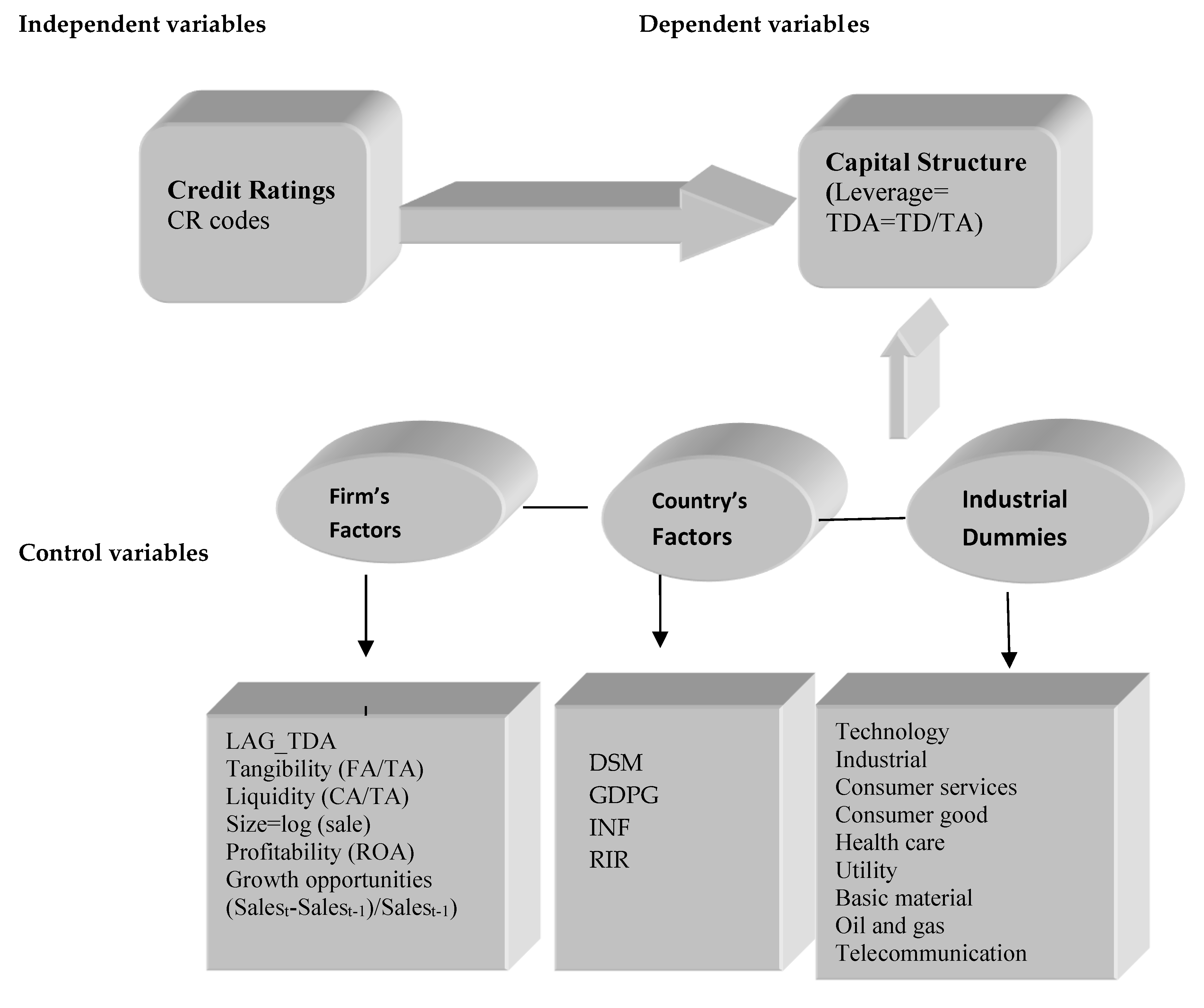
#LAG PROBLEMS WITH NUCLEAR THRONE TOGETHER HOW TO#
For example, among the Overhill Cherokee, the Little Tennessee River is known as Yunmi Gamahida, (the long Man), someone who can speak and be heard by those who know how to listen. Within indigenous traditions of the Americas, every waterway is a living entity, a close relative upon whom all life is depended, not a commodity to be exploited for personal gain. You ask me to cut grass and make hay and sell it and be rich like white men.
#LAG PROBLEMS WITH NUCLEAR THRONE TOGETHER SKIN#
Shall I dig under her skin for bones? Then when I die I cannot enter her body to be born again. Shall I take a knife and tear my mother’s bosom? Then when I die she will not take me to her bosom to rest. Take, for example, the 1890 words of Smohalla of the Wanapum people: The proclamation of Pope John Paul II still rings in our ears: “Everything in creation is ordered to man and everything is made subject to him.” And yet this predominant Eurocentric worldview remains foreign to many indigenous cultures. We humans then took this creation and sought to domesticate it for profit.

The problem with the Abrahamic faiths is that the earth, and all of what it contains – soil, rocks, trees, plants, and water – were created for humans for their sole use, misuse, and even abused. What if this giver of life has its own life, complete with rights and responsibilities? But what if it is immoral to own water? What if water is itself a living entity with the ability to nourish all other forms of life – not just humans, but animals, insects, birds, fish, simple-cell organisms, plants, and trees. Water, as a commodity, is more precious than oil, able to make or break fortunes, responsible for future wars. For whoever owns the water, profits off those upon the land who depend on water for their very survival. Blessed is the one who maximizes lands profitability by taking ownership of the water which passes through in the form of rivers, streams, or creeks or remains stationary in the form of lakes or wells. All three of these institutions bring together concerns around the economy and the climate.Ĭontributors: Miguel De La Torre, Simangaliso Kumalo, Gabriella Lettini, Cynthia Moe-Lobeda, Joerg Riegerīelow all is land. This forum is co-sponsored with the Iliff Center for Ecojustice and the Center for Climate Justice & Faith (CCJF) at Pacific Lutheran Theological Seminary. Panelists will address questions like: Why is capitalism often missing in the conversation about climate change by religious studies scholars theologians? What can religion and theology contribute to addressing our climate and economic crises, and the intricate links connecting these crises? And, what should be done going forward in respect to climate change and capitalism?

This forum seeks to explore the deep connections between our climate crisis and capitalism, with an eye to the role of theology and religion. As the ultra wealthy engage in a space race, the working majority-among them disproportionately large numbers of black and brown women and their communities-bear the brunt of environmental devastation. Such approaches obscure the deep connections between the climate crisis, capitalism, white supremacy, and patriarchy. Instead of analyzing exploitative capitalist systems of profit and labor, the majority of religious voices speaking out against climate change tend to focus on consumerism, personal decision-making, or care of the human and non-human victims. Responses to climate disasters like severe flooding, fierce hurricanes, protracted drought, and fires are often devoid of attention to capitalism’s need to fuel its wheels of profit accumulation through an extractive and exploitative economy. Unfortunately, few have connected the climate crisis to our capitalist economic crisis. Centers, institutes, and networks have been established in various religious circles - including educational institutions such as divinity schools and seminaries - to promote the study of and response to the climate change crisis. Over the last 50 years, climate change has received increased attention from religious studies scholars and theologians.


 0 kommentar(er)
0 kommentar(er)
